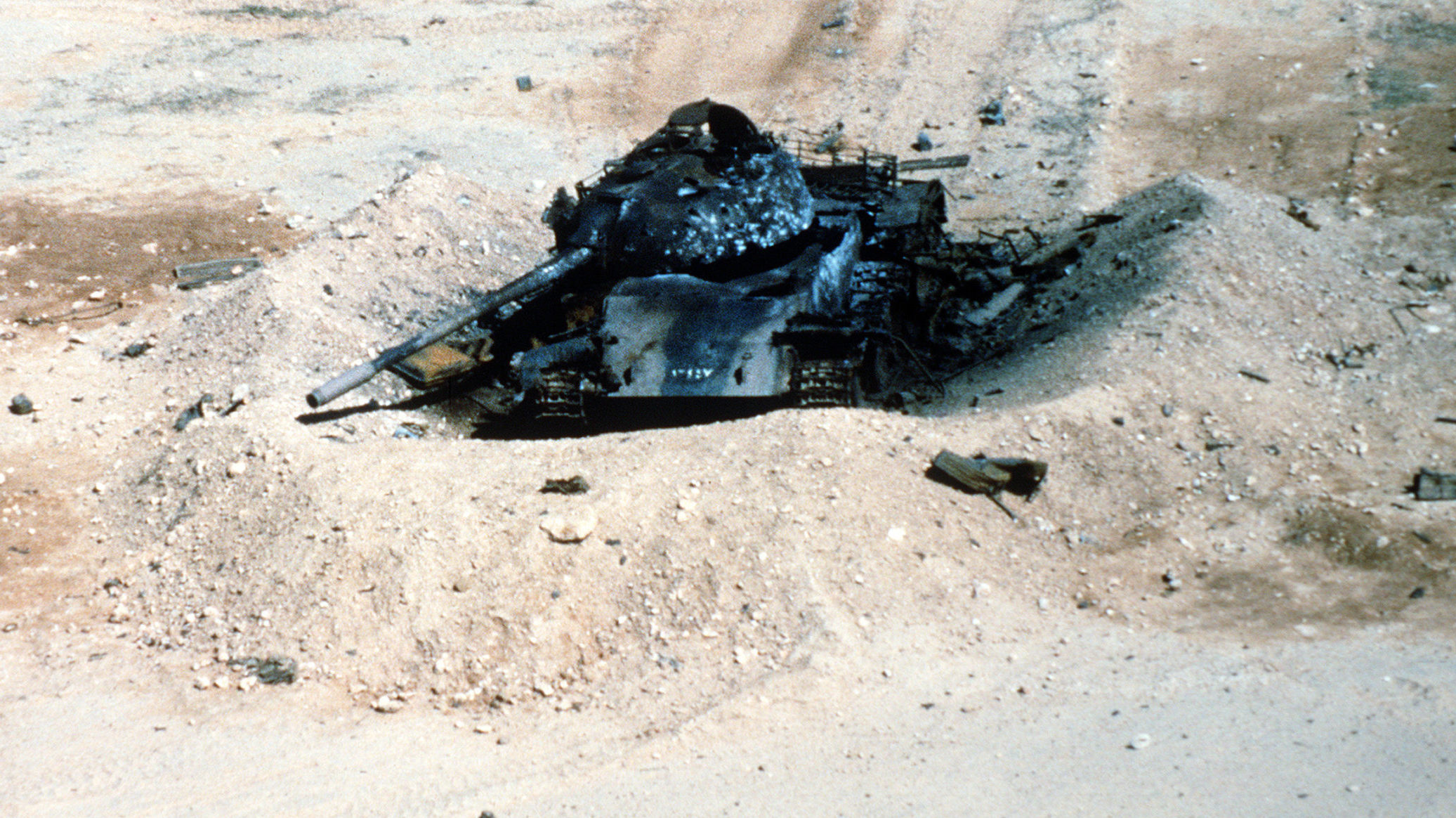Memories of the Gulf War
Al-Qabas, Kuwait, August 14
Exactly 30 years ago, in August 1990, Iraqi troops moved across the border and took over Kuwait. This marked the beginning of the Iraqi occupation of the country, which ended seven months later with the outbreak of the Gulf War. The operation to liberate Kuwait from Iraq was one of the most amazing wars in the history of the region, and perhaps the world. It was unprecedented in many ways. For the first time in history, nearly 38 countries – some with the most sophisticated weaponry – came together to liberate a country whose population didn’t exceed a million people. For the first time in history, the attention and focus of the entire free world, including forces historically hostile to us, were on Kuwait. (Notable were the countries that did not stand by our side: Algeria, Yemen, Sudan, Mauritania, Jordan and the Palestine Liberation Organization were some of our closest “brethren” who disproportionately benefited from our aid.) For the first time in history, the larger and stronger aggressor country, Iraq, lost more soldiers and equipment than the small country that was attacked, Kuwait. This operation, known as Desert Storm, began at dawn on Saturday, January 17, 1991 with an intense air campaign that covered all Iraqi territory at a rate of 1,000 air raids per day. Iraq responded by launching missiles at targets inside Israel and at Saudi and Bahraini cities, with barely any impact. Saddam Hussein, Iraq’s leader, then proceeded to burn hundreds of Kuwaiti oil wells and pour into the sea millions of barrels of oil – the very same natural resources he had claimed to be the “rightful” owner of. Losses among the Iraqi army amounted to nearly 100,000 men compared to 500 soldiers on the coalition’s side. In addition, 300,000 Iraqi soldiers were wounded and more than 30,000 surrendered themselves as prisoners. The strangest thing is that the fall of any soldier into captivity is usually the beginning of a long journey of suffering. But during the liberation of Kuwait, the imprisonment of Iraqi soldiers by the coalition actually signified the end of their suffering since they were finally freed from Saddam. In addition, Iraq lost almost all of its combat aircraft, either in air strikes or through Saddam’s stupid decision to smuggle them to Iran with the hope that they would be returned following the war (a hope that never materialized). The UN Security Council also froze large sums of Iraqi assets in international banks to pay compensation to those affected by the invasion – about 100 countries and international organizations, led by Kuwait – a sum estimated at the time to be $52 billion. It took Iraq several decades to complete its payments on these claims. Indeed, the war’s impact on Iraq was far more destructive after its cessation than during the fighting. Following the war, Gulf states spent some $90 billion on Kuwait’s rehabilitation. Kuwait also got rid of some 450,000 Palestinians who lived in the country, equivalent to nearly half of its population. All of these factors made Kuwait a stronger, more stable country. Therefore, if I ask any Kuwaiti about the Gulf War, he or she would most likely agree that other than the loss of precious souls in combat, the Gulf War was a blessing in disguise, perhaps one the most advantageous historical events that happened to Kuwait, turning it into the thriving country it is today. – Ahmed Al-Sarraf (translated by Asaf Zilberfarb)


